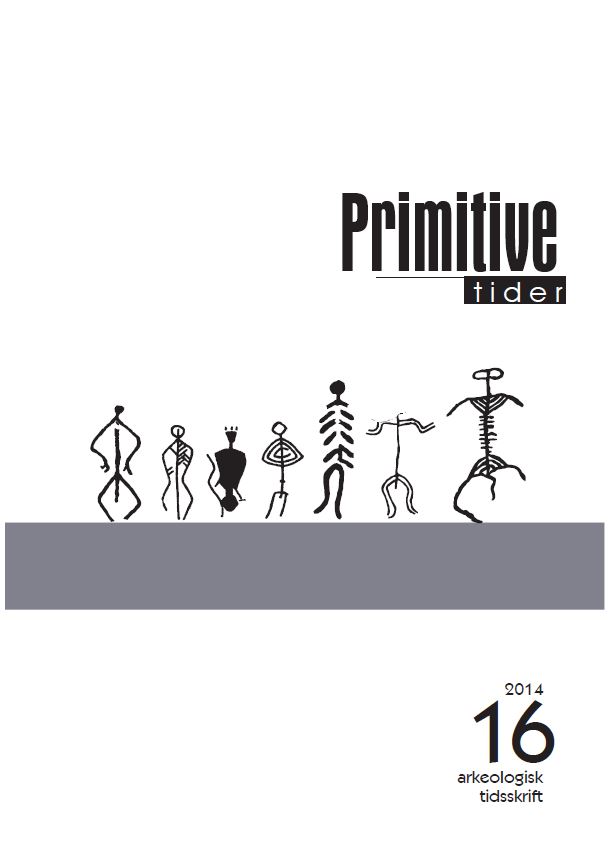Metodologisk partikularism i den postkoloniala bronsåldersdiskursen
DOI:
https://doi.org/10.5617/pt.7193Sammendrag
Methodological particularism in the postcolonial Bronze
Age discourse. Over the past few years Bronze Age research
has witnessed an unfortunate separation between large-scale
and small-scale studies. This separation is maintained by a
forceful critique of the ethical and political consequences
of large-scale perspectives, grand narratives and a pan-European identity in the making.
By profound influence from postcolonialism and related ideologies, this critique
represents a discourse that strives instead to construct
alternative small-scale methodologies. In order to develop
new ethical perspectives and methodological approaches
aiming to integrate different scale levels, I believe that
critical examinations of small-scale perspectives and their
archaeological influence are required.
By inspiration from the concept methodological
particularism, I will discuss some problems with the
contemporary ideological-political and methodological
critique of large-scale studies. I will furthermore highlight
narrative aspects of small-scale studies put forward in regard
to Scandinavian source materials. I argue that small-scale
studies, to the same degree as large-scale studies, have
created a tale of Bronze Age society and cosmology which
affect research results and preferred interpretations. This
story is, in short, about local identities in tribal societies, with shaman rituals and life-course practices at different
meeting places in the landscape. As a closing reflection,
it is proposed that cosmopolitanism could be used as an
alternative ideological driving force when developing
integrated studies in the future.
Nedlastinger
Publisert
Utgave
Seksjon
Lisens
Fra og med årgang 2021 er innholdet i Primitive Tider lisensiert gjennom Creative Commons Navngivelse 4.0 Internasjonal (CC BY 4.0).
© CC BY-NC (2014–2020)
Verk mellom 2014 og 2020 lisensieret under en Creative Commons Navngivelse-IkkeKommersiell 4.0 Internasjonal.
© Forfatter(ne) (1998–2013)
Verk mellom 1999 og 2013 er beskyttet av åndsverkloven. Uten eksplisitt autorisasjon er reproduksjon kun tillatt i den grad dette er i henhold til loven, eller etter avtale med rettighetshaver eller en kollektiv forvaltningsorganisasjon.


